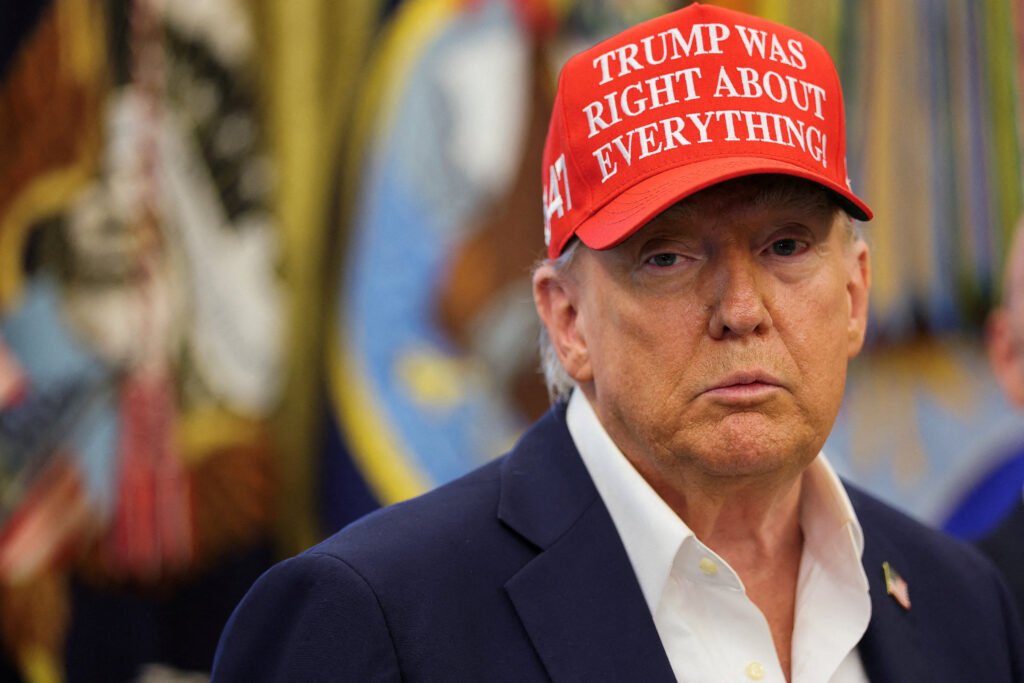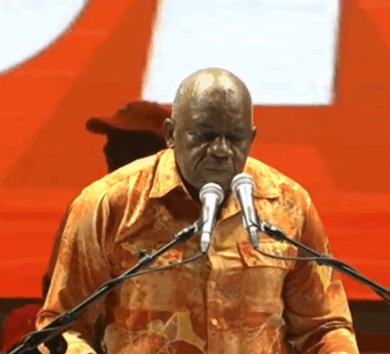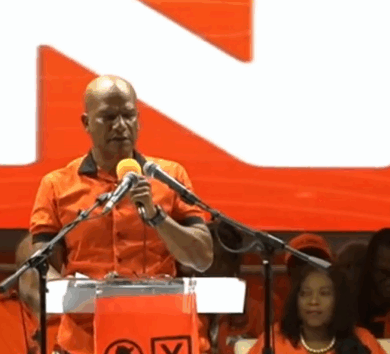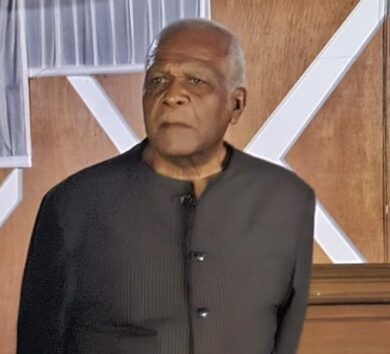

(Reuters)
U.S. President Donald Trump plans to sign an executive order on Monday that seeks to end cashless bail by threatening to revoke federal funding for jurisdictions that use it, according to a White House official.
Trump is also expected to sign a separate order targeting Washington, D.C. that instructs police to charge suspects with federal crimes and hold them in federal custody to avoid cashless bail, according to a fact sheet seen by Reuters.
The moves are the latest effort by Trump and Republicans to place crime on the national agenda as they preview a game plan to retain power in Washington in the midterm elections next year. Trump recently took control of Washington’s police force and has lashed out against Democratic mayors and governors over crime policies.
Cashless bail is a system where defendants are released from jail while awaiting trial based on their promise to appear in court, rather than by paying a specific cash amount.
Critics of the policy say it reduces the incentive for defendants to show up for trial and puts public safety at risk by allowing them back on the street. Supporters say many low-income people can’t afford to post bond.
The nationwide executive order will direct U.S. Attorney General Pam Bondi to submit a list of local and state jurisdictions with cashless bail policies and identify federal funds in those places that could be “suspended or terminated,” according to a White House fact sheet.
The order aimed at the District of Columbia will call for Bondi to identify potential actions that include restricting federal funding, services and approvals, according to the fact sheet.
Trump promised to take on cashless bail as part of his tough-on-crime approach in the 2024 presidential race.
Trump previewed his support for ending cashless bail in D.C. earlier this month. When he announced his decision to temporarily federalize the D.C. police force, he called the policy a “disaster.”
The nation’s capital was one of the first U.S. cities to largely eliminate cash bail in the 1990s. Under the city’s policy, a judge assesses whether a defendant should be released from jail based on their risk of not showing up for trial.
Illinois also has eliminated cash bail. Some other states, including New York, California and New Jersey, have scaled it back.







Comments